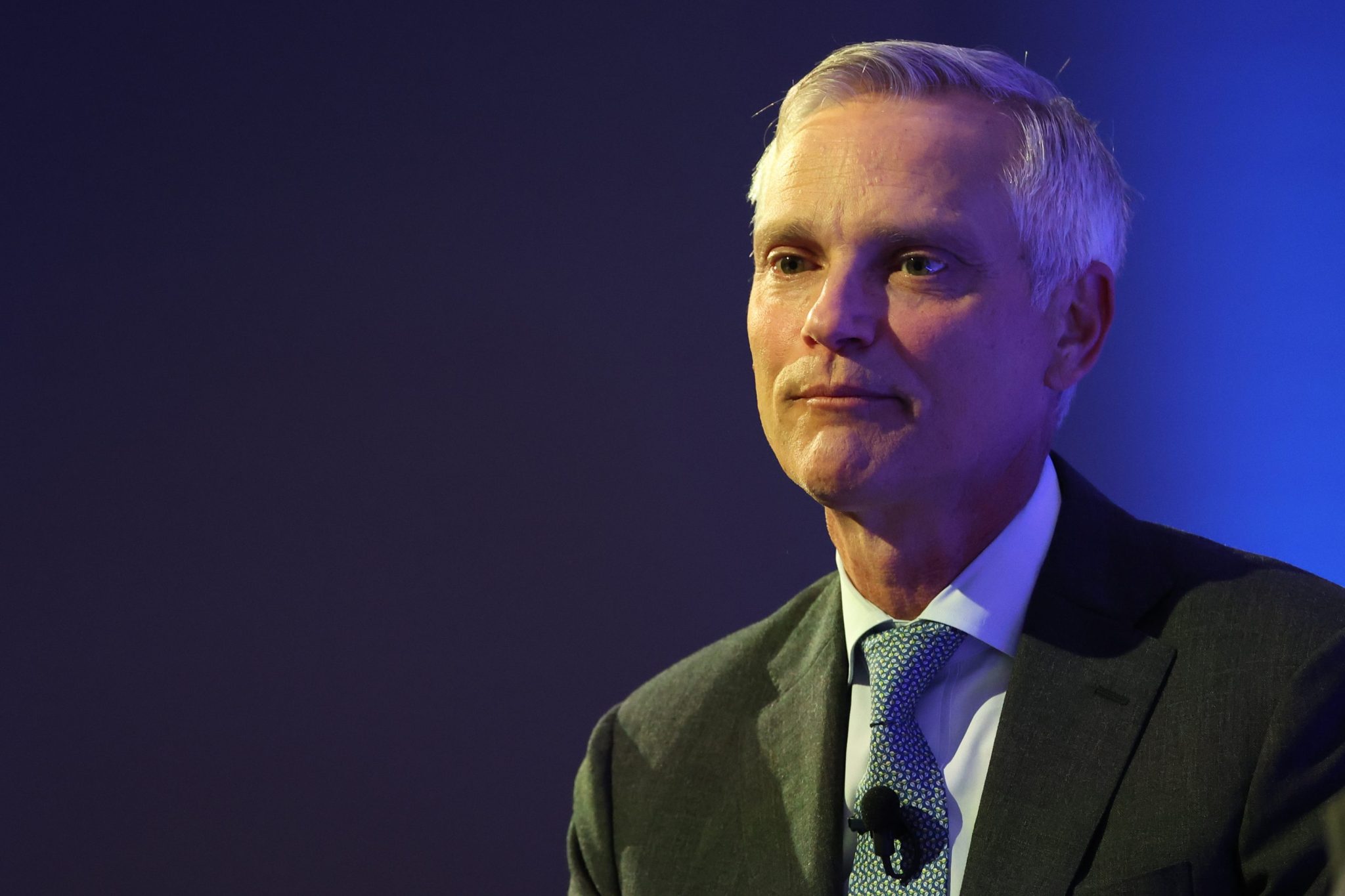Boeing’s delivery delays and production problems have ripped across the airline industry, a fact that was heavily reflected in the first quarter earnings of some of the biggest U.S. airlines.
American Airlines and Southwest both said Boeing’s recent troubles have impacted their operations, yet the consequences have been worse for some compared to others.
Boeing’s production issues resurfaced when the door plug of a 737 Max 9 jet blew off during Alaska Airlines flight in January. Since then, the airplane manufacturer has faced heightened regulatory scrutiny and delays in delivering planes to some of its most important customers.
On Thursday, shares of American Airlines ended the day up 1.5% after it reported a loss of $312 million. Excluding one-time items, the figure rounded out to about $226 million, compared to a $10 million profit during the same quarter last year.
While American CEO Robert Isom said the company wasn’t “satisfied” with its first quarter performance, he added in an earnings release that the carrier remained “on track to deliver on our full-year financial targets.” The company also guided to profitability in the second quarter with a forecast of adjusted earnings that were slightly above what analysts expected.
Boeing’s production problems loomed over American’s results. The carrier said that it doesn’t expect to receive eight Boeing planes it originally thought would arrive this year. Still, Isom said on Thursday’s earnings call that American isn’t as affected by the delays as other carriers because it has plenty of planes. Morningstar equity analyst Nicolas Owens told Fortune that it also has more leeway with how it deploys its fleet.
“American also has more flexibility to swap other types of planes on routes, e.g. when its Boeing 737 MAX 9s were grounded in January,” Owens said in an email.
But while the Boeing delays did not drastically affect American, Isom made it clear he was frustrated with the airplane manufacturer.
“I’ve talked to everyone at Boeing that I can possibly address, and the message is the same: Get your act together,” he added on Thursday’s earnings call.
While American largely avoided the worst of Boeing’s delays, Southwest fared worse because of its reliance on the manufacturer, said Owens.
“Southwest is hit harder by Boeing’s delays than American,” he said. “That is because Southwest exclusively flies Boeing, and exclusively variants of the 737, which is especially delayed at Boeing.”
The company said that it no longer expects to fly the airplane manufacturer’s new 737 Max 7 model, as it hasn’t been approved by regulators. Its planned growth will also be stalled by Boeing because the carrier expects to receive only 20 planes from the manufacturer this year, less than half of what it expected in March and much lower than the 79 it expected at the start of the year.
Shares of the Southwest ended down about 7% on Thursday after it reported lackluster first quarter results. The airline reported a loss of $231 million, an increase from the $159 million the carrier lost in the same period last year. The bigger loss is significant because during the same time last year the carrier was dealing with problems that led to 16,700 canceled flights and a $140 million fine.
Meanwhile, Boeing reported first quarter results Wednesday that weren’t as bad as some analysts expected, despite the delays. The company reported a net loss of $355 million and its first revenue drop in seven quarters. Still revenues of $16.57 billion were above the $16.23 billion analysts expected. The company delivered 83 commercial planes during the quarter, a drop of 26% year-over-year.
Despite the issues, outgoing CEO Dave Calhoun said the company would soon increase the pace of production to meet its cash flow goals by 2026. He added on the company’s earnings call that Boeing has already made some improvements.
“We are absolutely committed to doing everything that we can to make certain our regulators, our customers, and most importantly, our employees and the flying public are 100% confident in Boeing,” he said.

